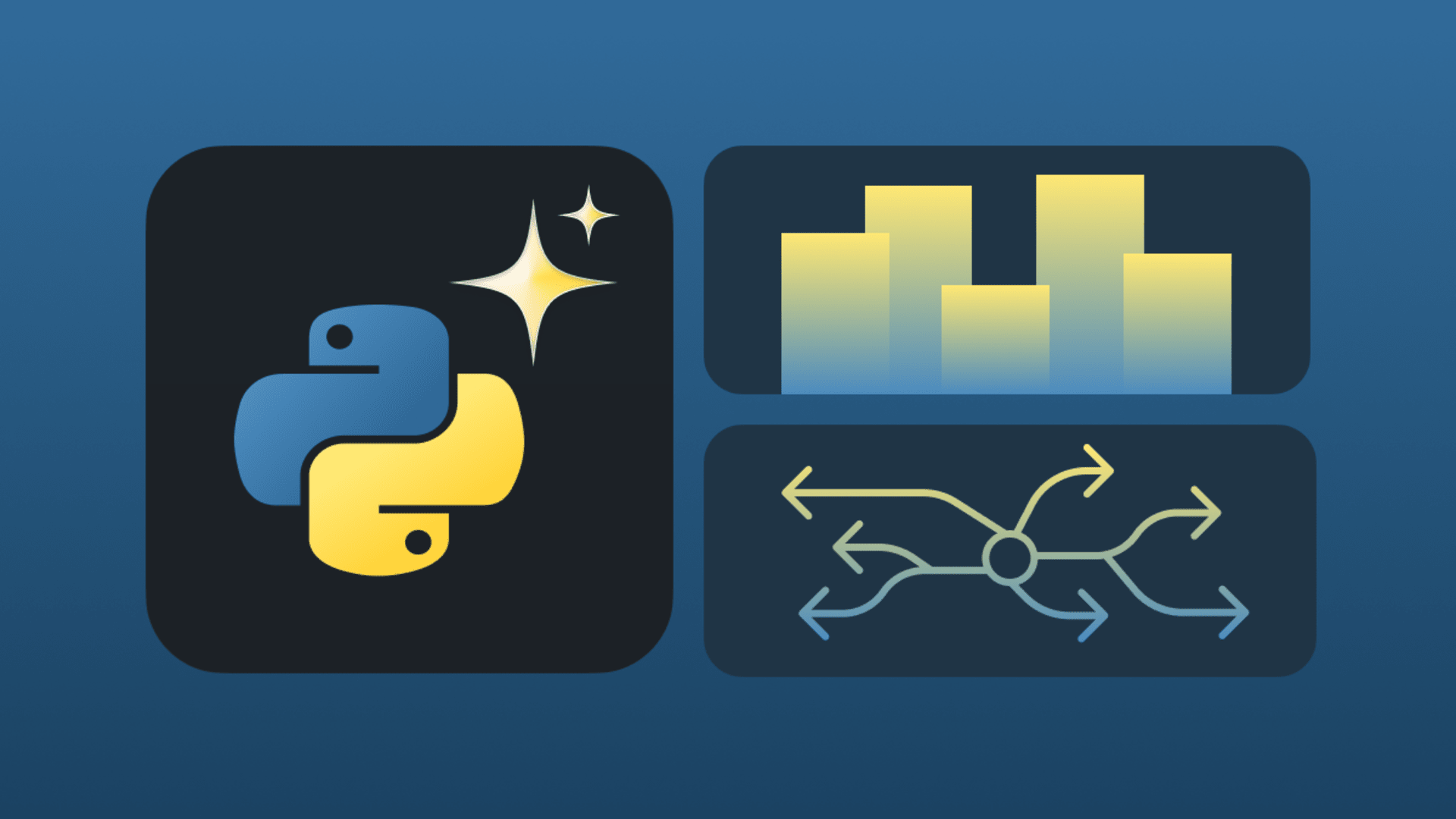Your blog for Outsourcing and Tech News

By Richard Modad
16 min read

By Justice Erolin
14 min read

By Guillermo Carreras
5 min read

By Pablo Riboldi
10 min read

By Jimmy E. Bonilla
11 min read

By Justice Erolin
16 min read

By Ezequiel Ruiz
11 min read

By Ezequiel Ruiz
14 min read

By Rodrigo Outumuro
5 min read

By Izcóatl Estañol
13 min read

By Oscar Rincón Toro
12 min read

By Oscar Heredia
13 min read












